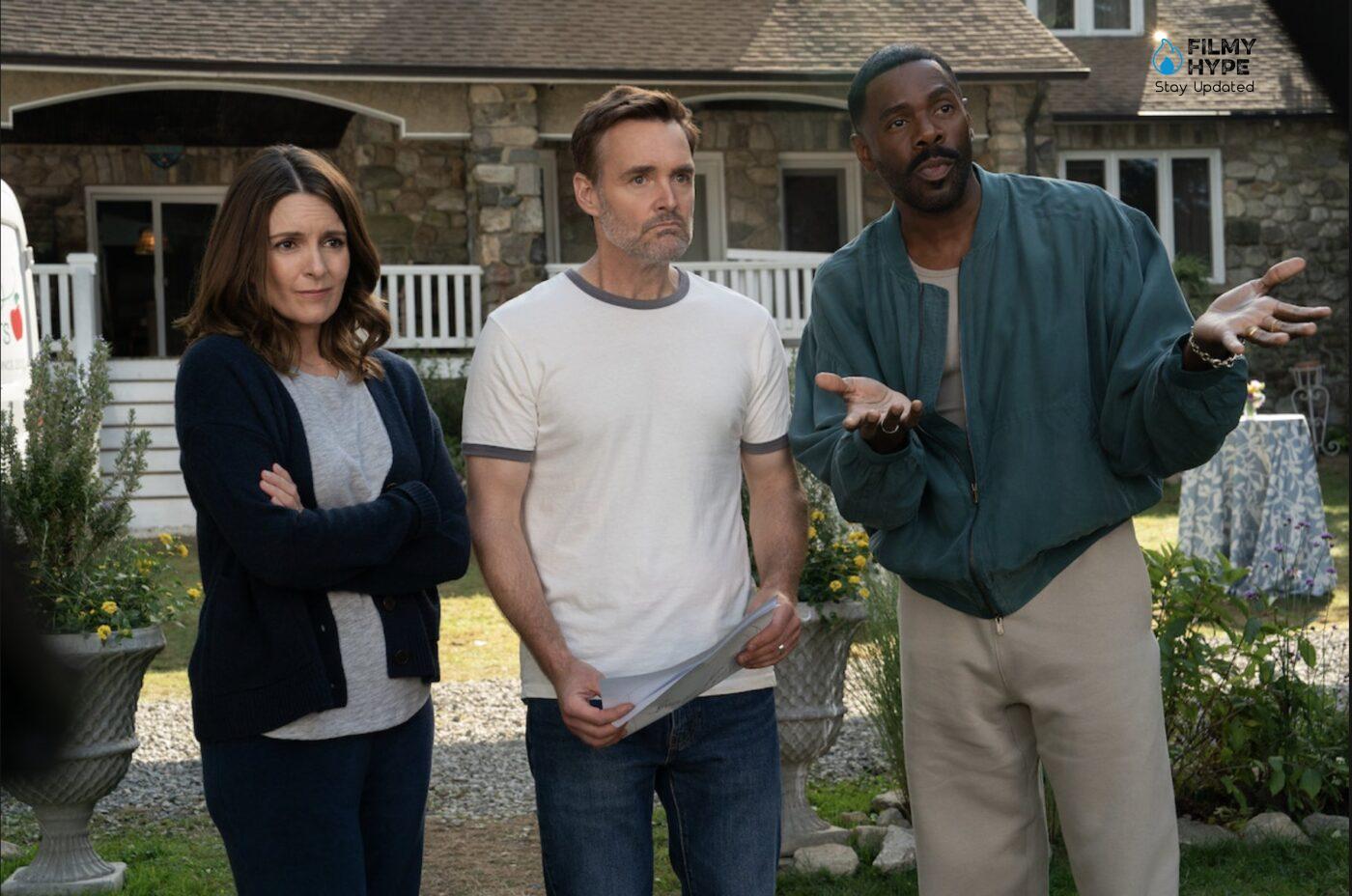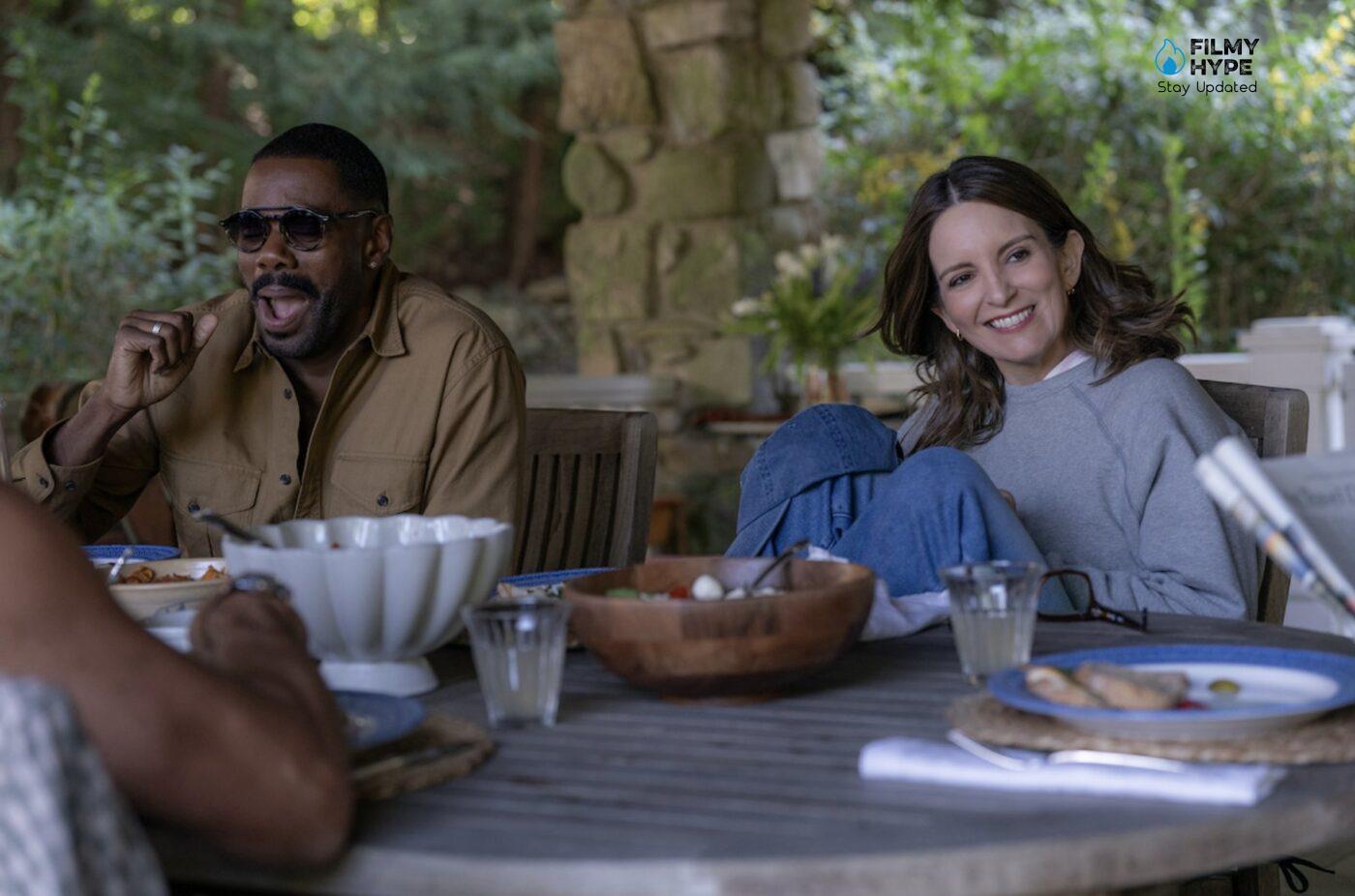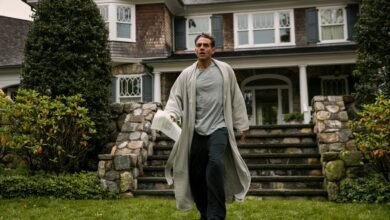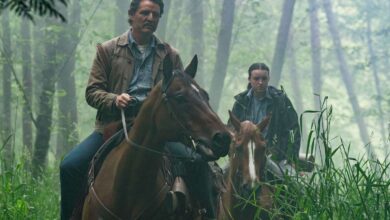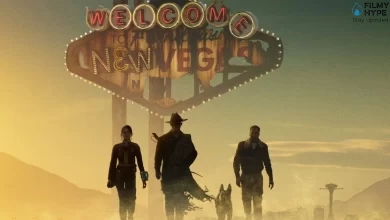The Four Seasons Series Review: Fun and Fleeting Miniseries Like Couple Life
The Four Seasons Series Review: The Four Seasons, a miniseries conceived by Tina Fey together with Lang Fisher and Tracey Wigfield, tells a year in the life of three fifty-year-old couples, friends from university days, who meet four times a year for a group holiday. The tranquility of their ritual has been turned upside down since the first episode: Nick (Steve Carell) decides to leave his wife Anne (Kerri Kenney-Silver) during the weekend of their 25° wedding anniversary. From that moment on, the group finds itself confronting the end of a historical relationship and with the cracks, more or less visible, in their relationships. A strange feeling, considering that The Four Seasons is a comedy TV series, remake of the homonymous film directed and interpreted in 1981 by Alan Alda (who in this series is credited as guest star). The feeling of melancholy that caught us at the end of The Four Seasons is mainly due to two factors: the ease with which we are fond of the characters, and the ending that leaves a bitter taste in the mouth.

But if we do not spoil anything of the ending, here is more information on the plot and our opinion on The Four Seasons; at the bottom of the review, you will also find the official Italian trailer of the series. Tina Fey. If this name doesn’t tell you much, you are not among the lucky spectators who have had the pleasure of seeing it in action (but there is always YouTube) at Saturday Night Live, as an imitator of Sarah Palin, and then in the writer’s room of the historic US program. From there, he created his serial masterpiece, 30 Rock, a comic treatise on America, the world, and entertainment today. But it is also the one he wrote Mean Girls, to understand each other. She then threw herself on the streaming and then obviously on Netflix with Unbreakable Kimmy Schmidt, between religious sects, social divide, and self-reinvention. Now, a few years later, he returns to comedy and on the platform with The Four Seasons, a title that had immediately attracted our attention not only for his involvement but also for his being a remake sui generis with a respectable cast.
The Four Seasons Series Review: The Story Plot
The series, and the film, are so-called (citing Vivaldi’s most famous work) because the story develops into four short seasonal holidays (two episodes for each) in which the wealthy and mature couples participate. There are Jack (Will Forte, the mythical one The Last Man on Earth, but also Pubba of Sweet Tooth) and Kate (comic autreice Tina Fey, recently with a secondary role in Only Murders in the Building, who wrote this series with Lang Fisher and Tracey Wigfield): he is good, a little idealistic and naive, she is more determined, together they are close-knit especially in talking about others. Then there are Danny (Colman Domingo, the wise Ali of Euphoria), building contractor with a cardiological problem to which she does not want to surrender, and her husband Claude (the playwright Marco Calvani, who returns to act on TV after The Borgias), who even if his name is not Claudio, is Italian, and is a very caring and loving consort, sometimes even too much.
The first vacation, in the spring, takes place on Nick’s estate outside the city (Steve Carell, and we all know who he is), finance manager, and Anne (Kerri Kenney-Silver), who celebrate 25 years of marriage. But the day after the arrival of friends, Nick confesses to Danny and Jack that he intends to separate from Anne, because he can no longer bear his laziness, indolence, and lack of initiative. The breakdown of the balance that causes Nick’s decision will affect not only the couple formed by him and Anne, but also the other two, who inevitably, season after season, holiday after holiday, will end up questioning their feelings and relationships, experiencing difficult moments and situations, as often happens in the life of each couple. Until the bitter and surprising ending, substantially different from that of the homonymous film of 44 years ago, as well as the only big difference apart from the change of genre from Claudia – but not of nationality – of the film to Claude of the series (also change from Lisa to Lila the name of Nick and Anne’s daughter).
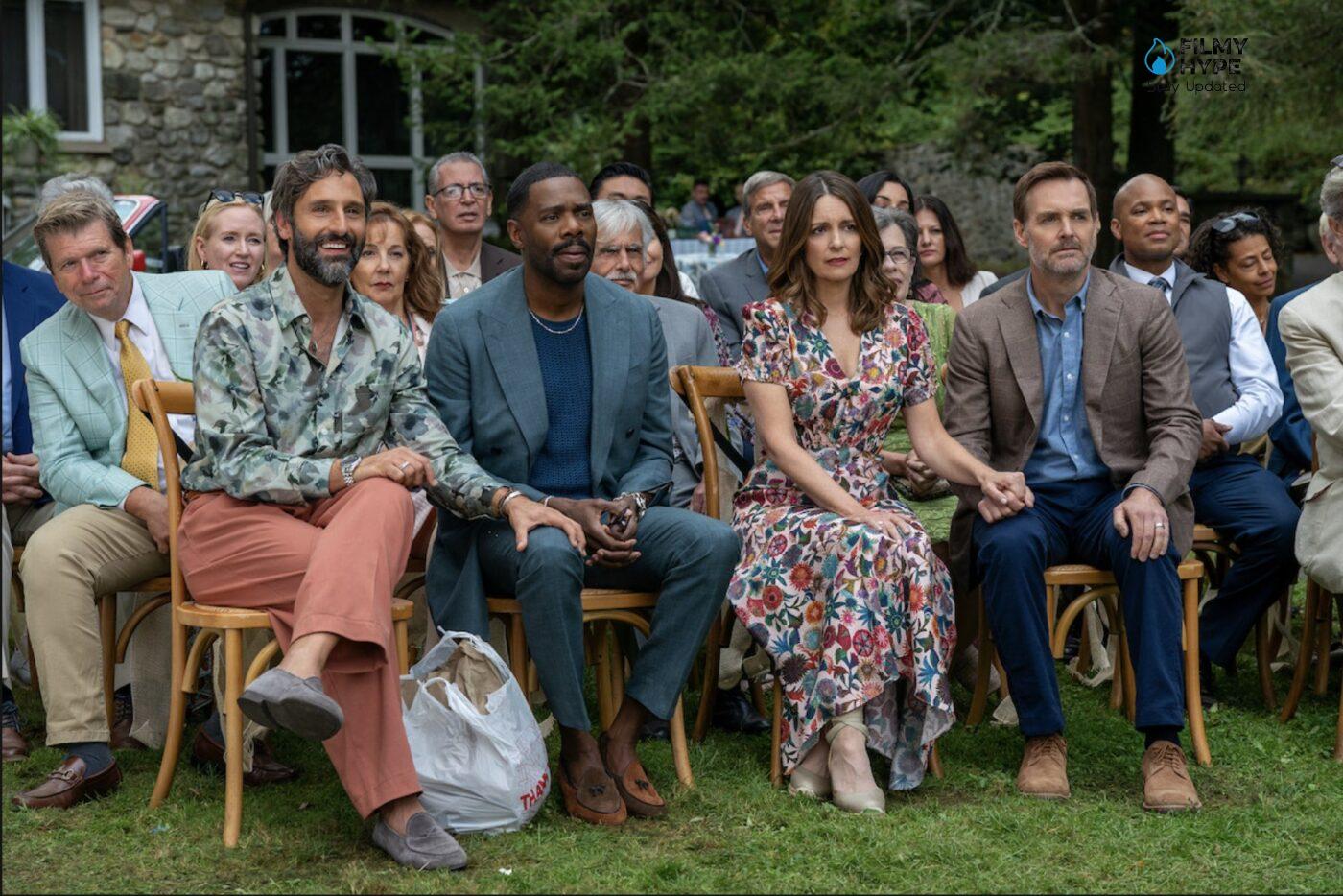
The series moves on a delicate balance between irony and introspection. Tina Fey plays Kate, the most rigid of the group, always ready to criticize and organize, while Will Forte is Jack, the accommodating husband. There is no shortage of comic moments, but they are often punctuated by bitter reflections on couple life and aging. This is not a series from jokes to burst: here, humor comes from experience, from the phrases said (and not said) between friends who have known each other for a lifetime, and from the dynamics that every adult spectator can recognize. The Four Seasons is inspired by the 1981 film of the same name by Alan Alda (director/actor who is also the protagonist of an adorable appearance), but updates the original scheme with one more current sensitivity. We find a queer couple with an open marriage, a relationship with a big age difference, and a constant attempt to explore how relationships have changed today. However, not all narrative choices convince: some ideas appear not very fresh or already seen, and the jokes about the generational gap sometimes tend to expire in the predictable.
The Four Seasons Series Review and Analysis
If the script stumbles at some point, the cast saves the series. Steve Carell is also credible as an unpleasant character, but never completely hateful. Kerri Kenney-Silver is the true revelation, giving Anne an authentic and touching vulnerability. Colman Domingo and Tina Fey have fun chemistry in the roles of two cynical and disillusioned friends. Erika Henningsen, initially painted as the usual young and beautiful girl, evolves during the episodes into a complex and sincere woman. All the characters have flaws, but nobody is judged: this is perhaps the most successful aspect of the show. The series alternates bright moments with other weaker ones, especially in the final part. The introduction of a dramatic twist breaks the fragile balance between lightness and depth, leaving the feeling of a poorly managed change of tone. The sober direction and classical comedy aesthetics do not help to give greater visual coherence to a story that would like to be more realistic. Despite this, there are episodes – in particular the autumn ones – that hit the mark thanks to the more intimate writing and well-balanced dialogues.
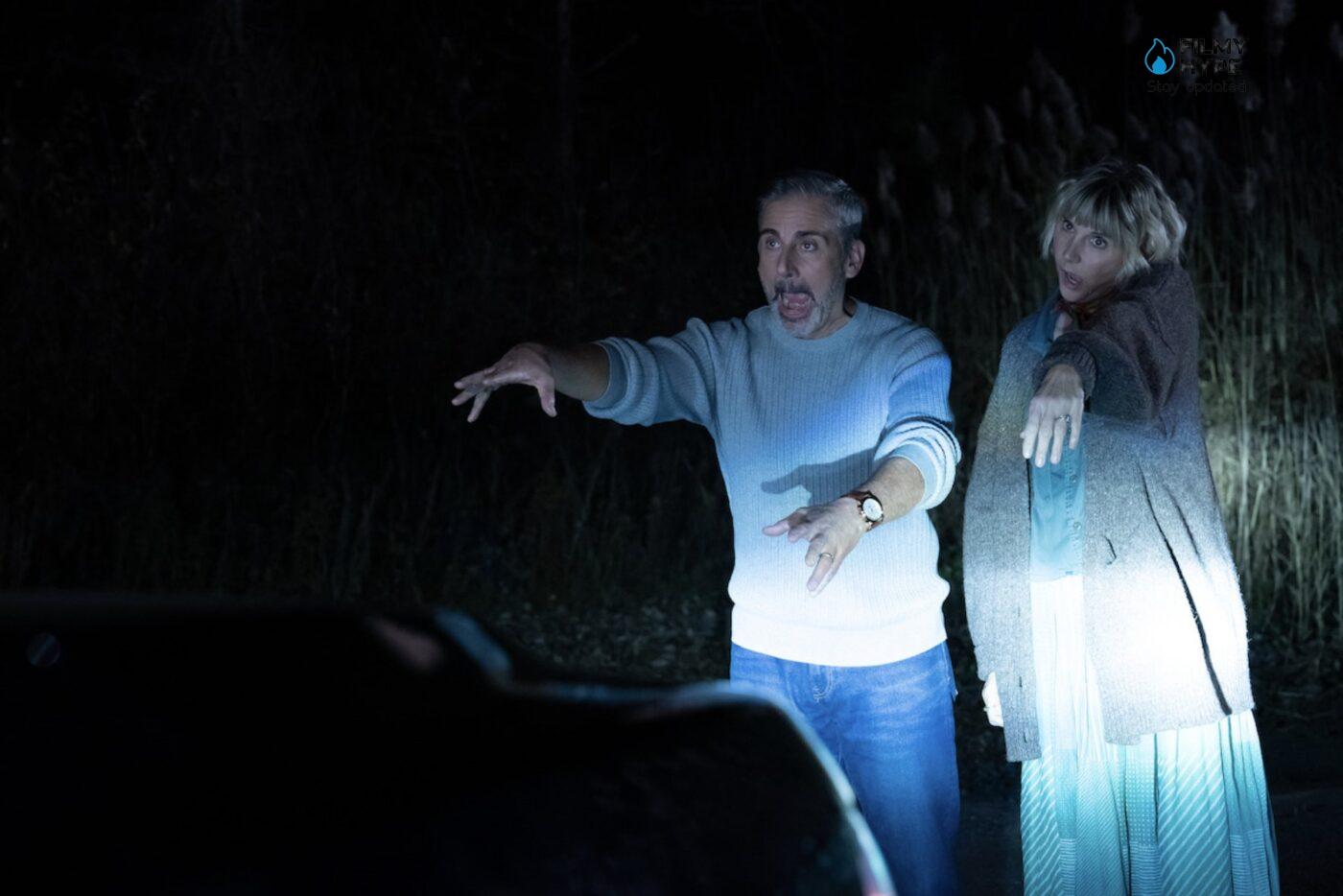
The Four Seasons is a pleasant series, designed for an adult audience, which reflects with intelligence and irony on what happens when love and friendship age with us. It does not revolutionize the genre, nor does it aspire to do it, but it manages to give moments of sincere humanity, alternating bitter laughter and dialogues that hit the mark. It is a story made of nuances, small gestures, and eloquent silences, capable of making you smile and, at times, also of moving. However, its overall impact remains limited. The uncertainty in balancing comedy and drama and the lack of a strong visual identity make it less incisive than it could have been. Despite an excellent cast and an interesting basic idea, The Four Seasons slips away without really leaving a lasting mark. It is like one of those holidays with friends that flow serenely, with some hitch and some laughter, but that in the end you will not remember as the most memorable. Yet as you watch it, it manages to make you feel at home.
The ending sharpens the sense of nostalgia that can be felt at the end of The Four Seasons, so much so that it must be said that, speaking of “seasons”, a second season would have been welcome; but as mentioned, it is not just the conclusion, but the whole story. Because in this miniseries it is easy to form an emotional bond with the characters, and their events, a truly surprising connection, if we consider that we are talking about a series that in total lasts yes and no four hours and that in theory is a comedy, even if nowadays it is practically mandatory to blur the boundaries of this kind up to the drama. While laughing at a brilliant joke or an embarrassing situation, one is caught off guard by situations, contexts, scenes, and moments that touch deeply, making us recognize both the funny and the more serious aspects of living together with someone you love.
We identify with the couple dynamics of Kate and Jack, between confidences and annoyances; we understand Danny’s oppression and Claude’s fear; we recognize those distances and that embarrassment between Anne and Nick, but also the euphoria that gives way to disillusionment in the relationship between Nick and Ginny (Erika Henningsen). The Four Seasons makes you laugh, and in the meantime, shows familiar yet uncomfortable emotions and feelings. The merit of the writing of Tina Fey and her screenwriting colleagues, and obviously, also thanks to a perfectly balanced cast. So much so that, in the end, it is almost a pity that this is a miniseries without the possibility of confirmation for a second season. But at the same time, perhaps, it is better this way. What differs mainly from The Four Seasons compared to the previous works of the SNL bricklayer is the absence of comedy nonsense, which has always characterized his style; the comic lens through which he has always seen the world.
This is probably due to the love age of the protagonists and to the arguments that follow at some point in such a serious and initiated relationship. From there, in this case, the comic curtains and the underlying and sweet, and sour reflection start. Then, more drama than pure comedy, to which the showrunner had accustomed us, on love in the era of maturity. Disillusioned, cynical, pragmatic, perhaps a little lying down, but not necessarily less magical or romantic. The plot thus develops between twists (until the end) ed evolutions (or involutions) of all three protagonist couples, forced despite themselves to look in the mirror, analyze themselves under the microscope of laughter, and make a budget. The result is a less belly or head series, which is more in the middle, but which remains a quality product both behind and in front of the camera.
The Four Seasons Series Review: The Last Words
The Four Seasons tells with irony and melancholy the life of three middle-aged couples struggling with personal crises and complex marriage dynamics. Between holidays, confessions, and silences full of meaning, the series offers touching and fun moments, without, however, being able to maintain a coherent tone until the end. An imperfect product, but enriched by a highly talented cast. The Four Seasons is a comedy that ideally continues Tina Fey’s work curriculum but takes away the nonsense to embrace the maturity of topics and situations that can make viewers laugh while self-ironically watching their relationships and weddings. Closer to Grace and Frankie in a way, always starting from Alan Alda’s film and putting together an ensemble of actors and actresses of fear. But no less worthy of attention.
Cast: Tina Fey, Steve Carell, Colman Domingo, Kerri Kenney-Silver, Will Forte, Erika Henningsen, Marco Calvani
Created By: Tina Fey, Lang Fisher, Tracey Wigfield
Streaming Platform: Netflix
Filmyhype.com Ratings: 3/5 (three stars)


